It’s also eggs, corn and apples as Lunaz claims to have created the most sustainable Aston Martin ever, using a host of innovative materials.
The dashboard fascia, gear shifter and quarter glass handles of the DB6 are made from a biodegradable composite of egg and nut shells held together with an organic binder. The Aston’s door cards are finished in a bio-based polyurethane comprised of corn and wood-pulp fibres, while the car’s hide is actually made from apple pomace which is a byproduct of juice and cider making. In combination with a water-based polyurethane and wood pulp it somehow gives the look and feel of the finest leather.

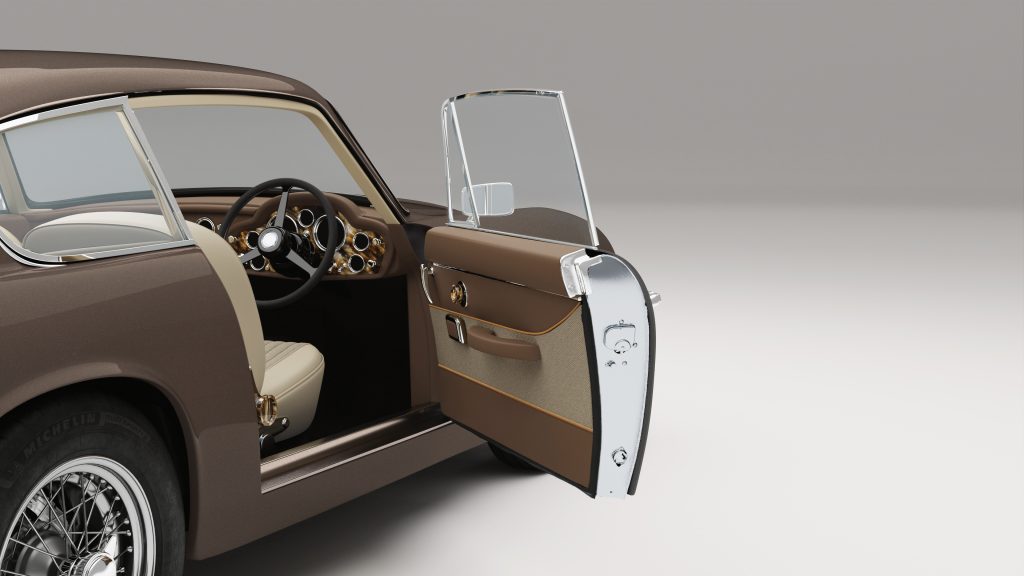
Recycled cotton, polyester, rayon and nylon are used in parts of the seat and door cards that would be subject to the most wear and are said to be completely free of any ‘forever chemicals.’ There’s also recycled wool, polyester and nylon to created the ‘knitted’ seat surfaces and the carpets are made from regenerated nylon from fishing nets.
“The fact that our team has been able to bring together such a wide range of innovative materials in this sumptuous, tactile and completely harmonious interior is a testament to their skill and creativity,” says Lunaz founder David Lorenz. “It’s an exceptional marriage of materials and methods that elevates automotive interiors beyond anything available in the market.”
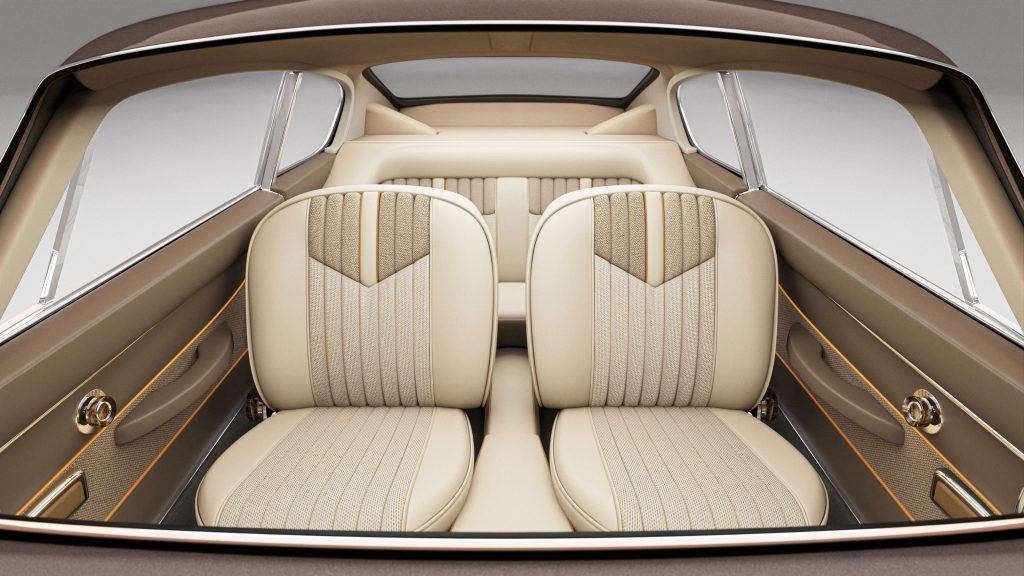
Just like other Lunaz classics, the restomod DB6 has been fully electrified. Out goes its Tadek Marek four-litre straight-six for in favour of the firm’s modular powertrain that comprises “the highest standard European-sourced Tier 1 OEM battery cells and motors.” The maximum battery capacity is 120 kWh delivering a range of 255 miles and 375 bhp.
“Upcycling is a holistic, whole-vehicle process in which sustainability encompasses not only the clean-air powertrain but also the materials and finishes used in the interior,” says Lorenz.


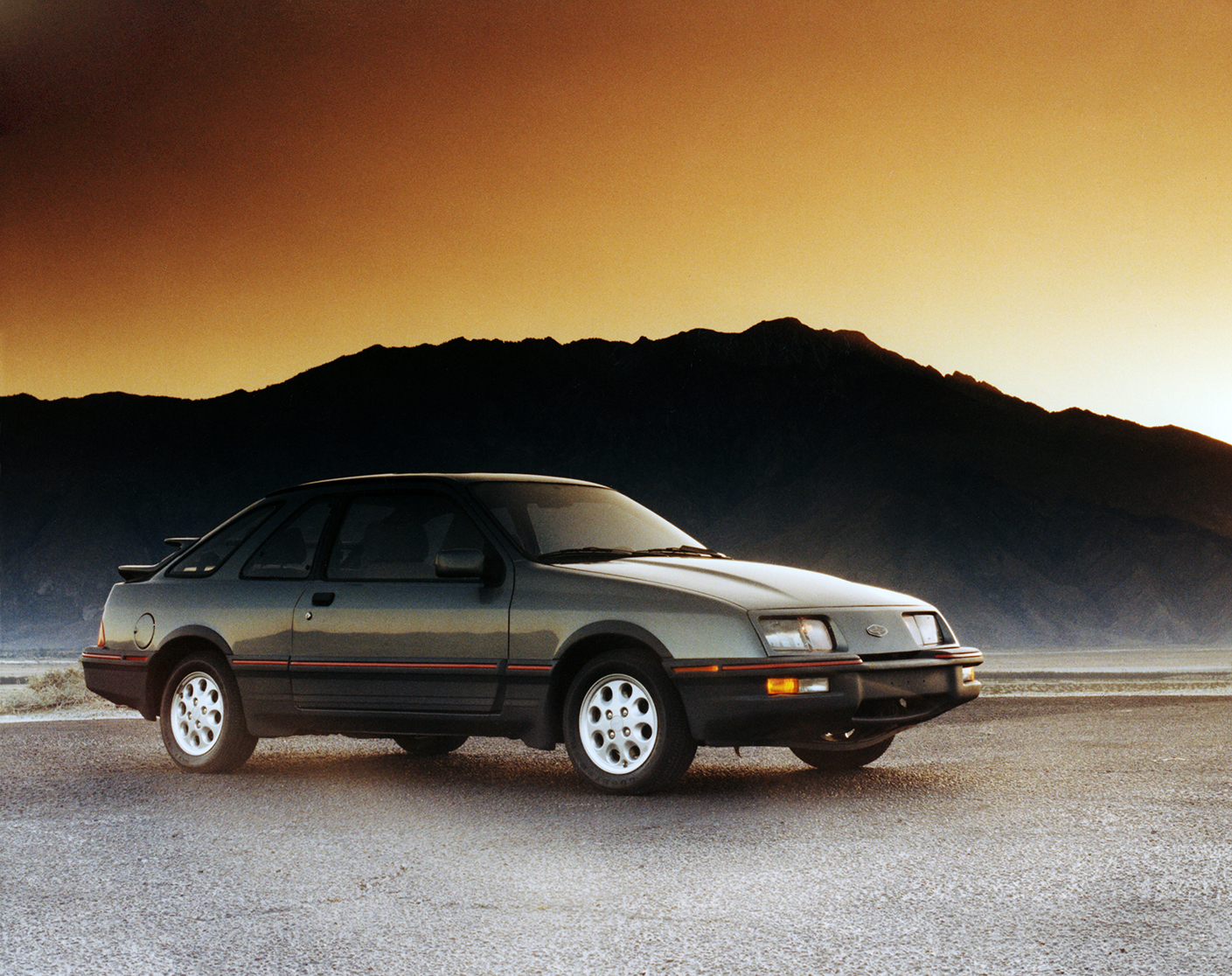
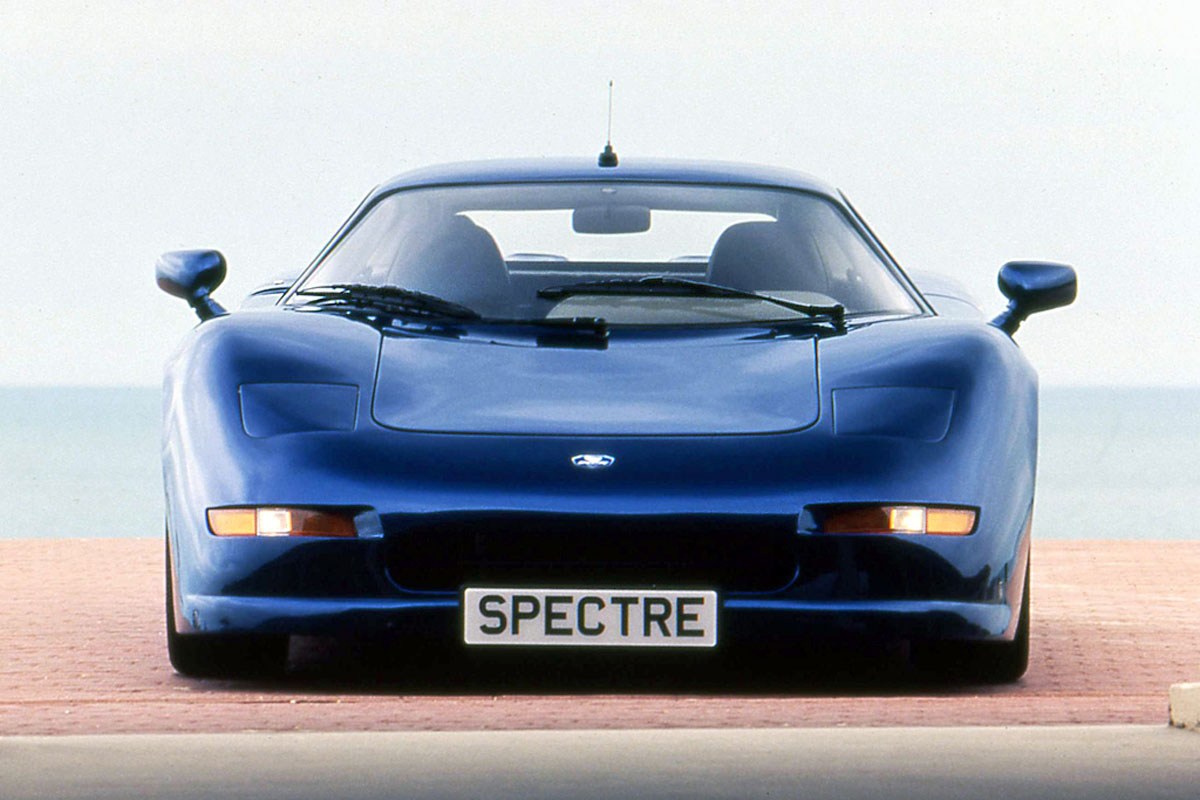
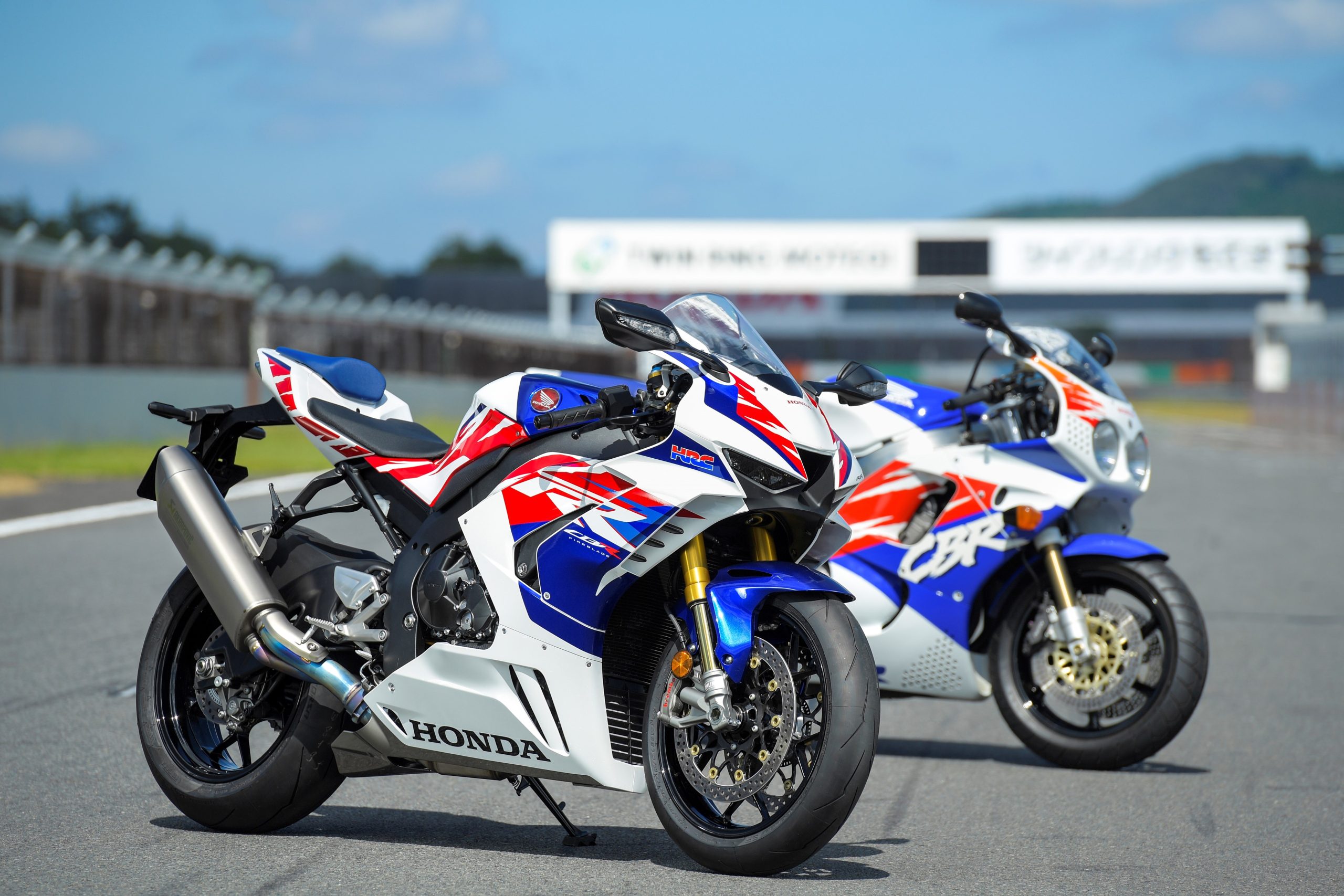
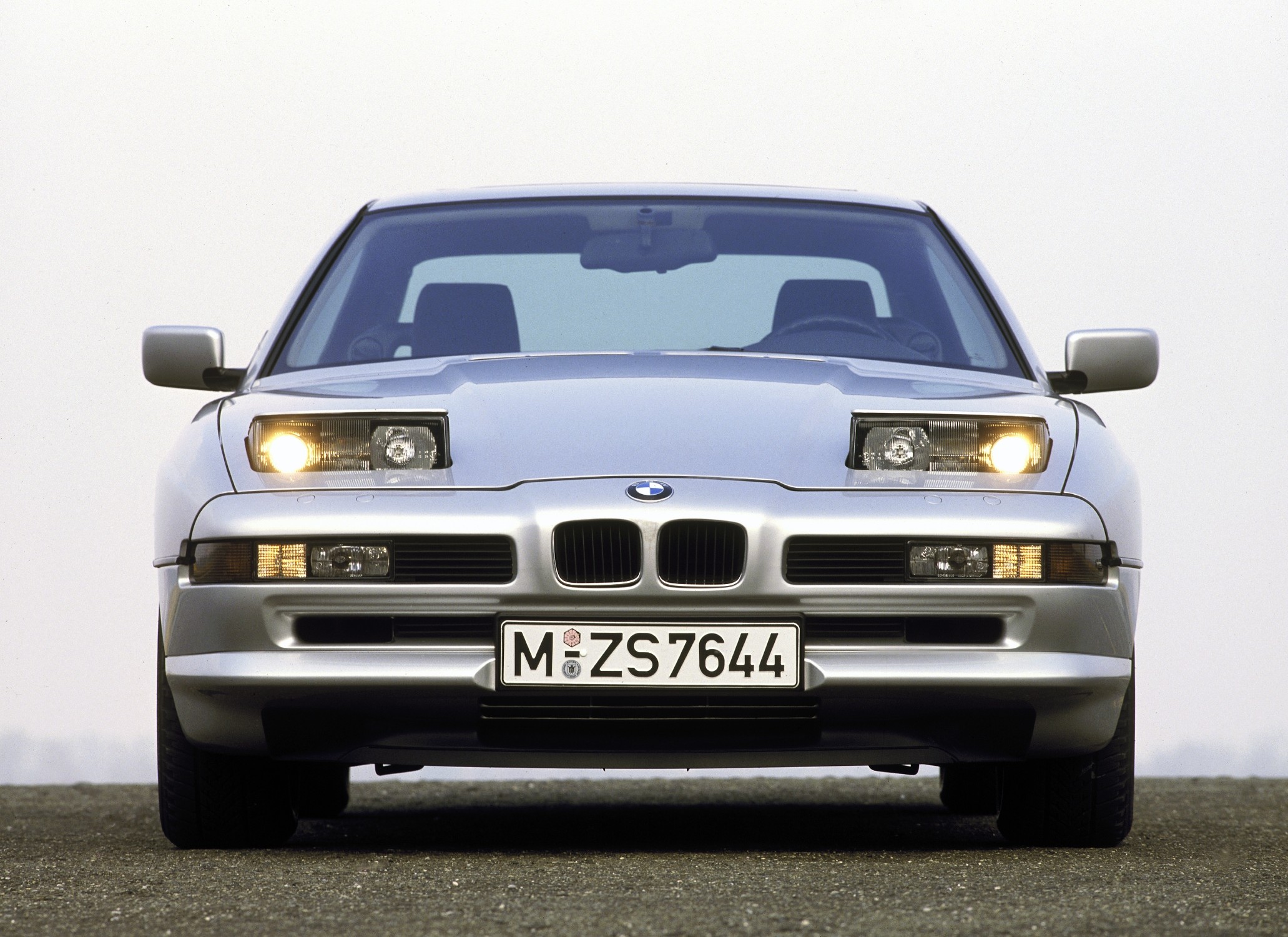
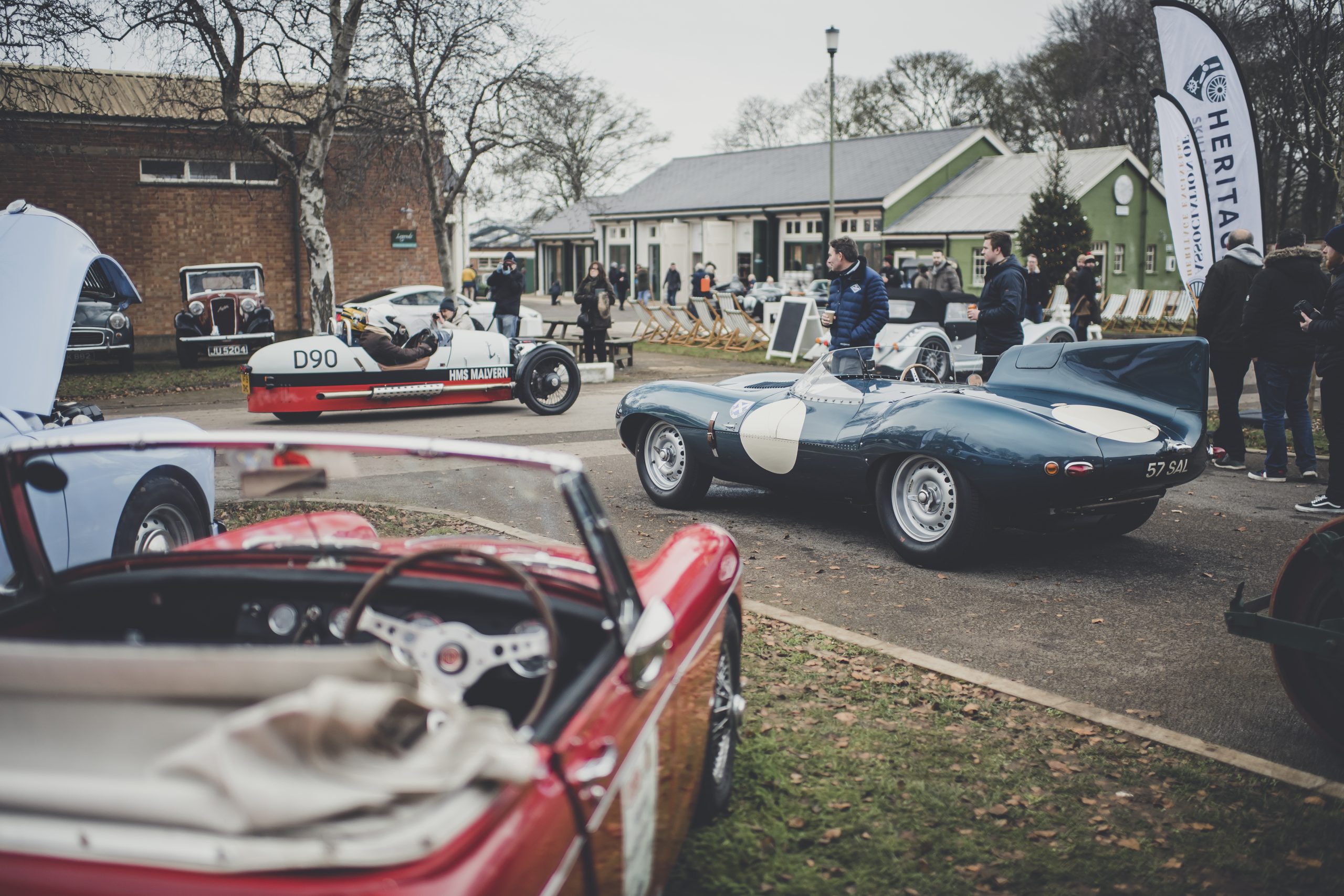
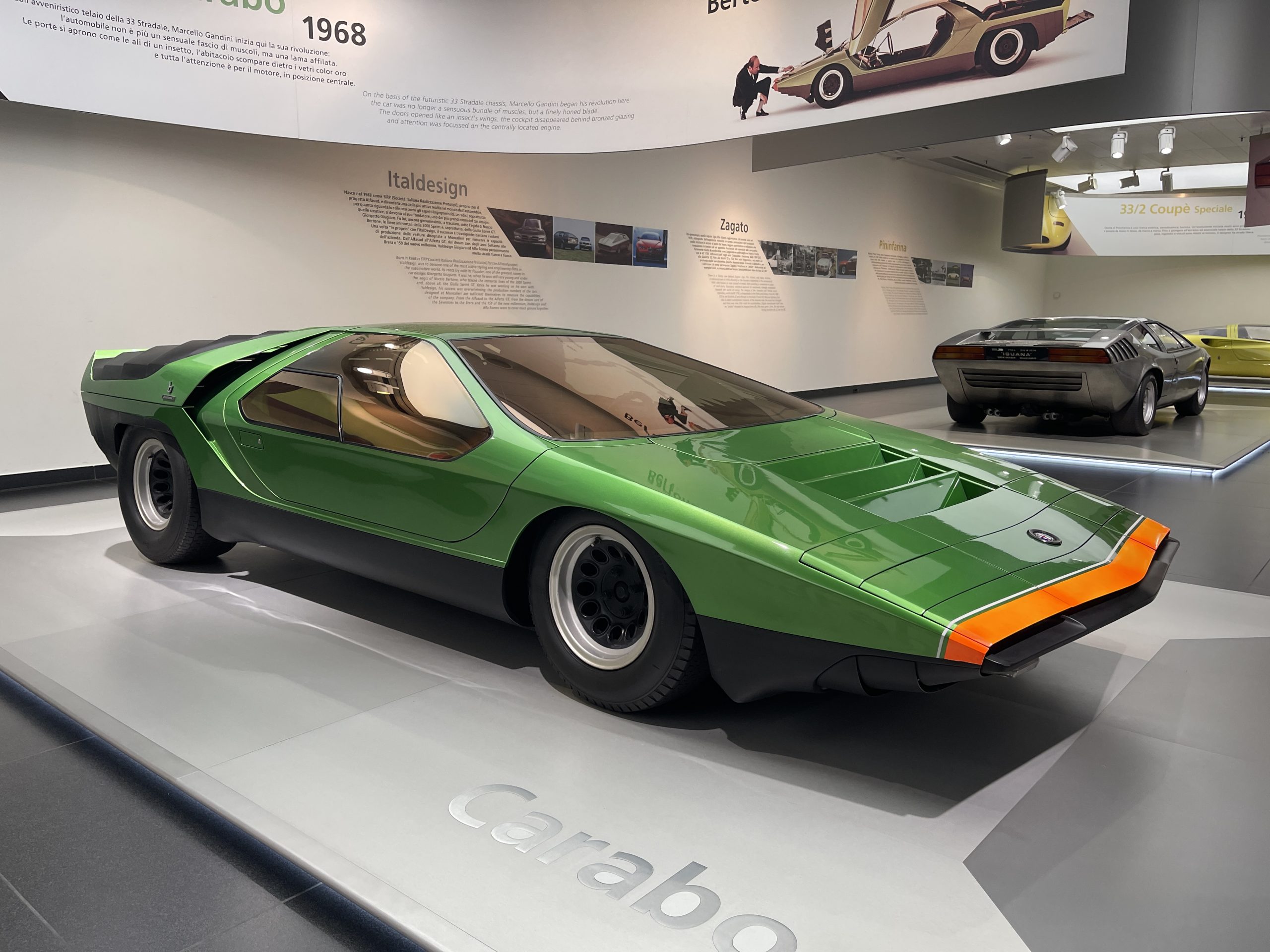
Facinating